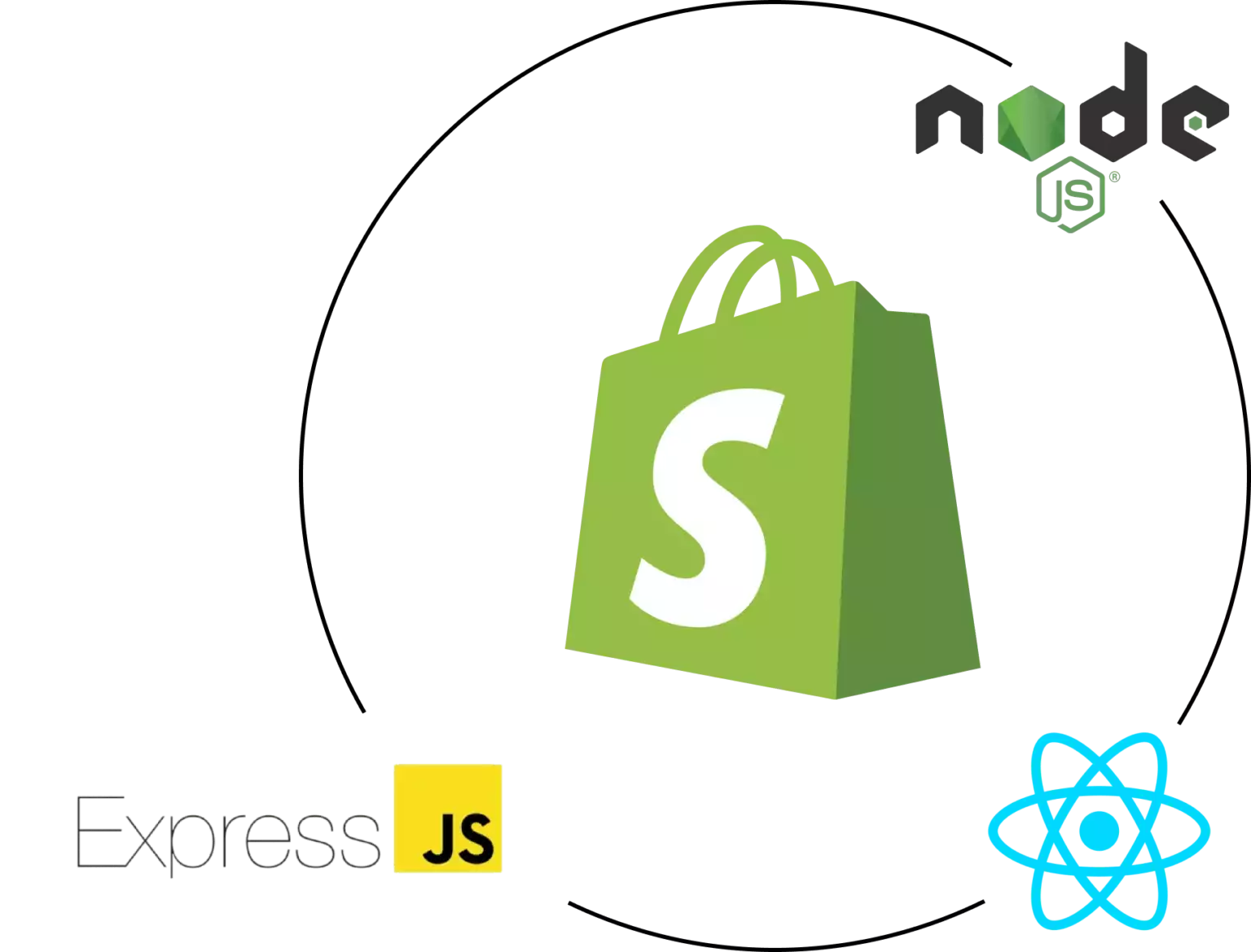Overview
In the current cutthroat e-commerce landscape, differentiating is essential, and a top method to differentiate a Shopify store is through tailored app development. A robust Shopify app can boost store functionality, streamline operations, and elevate customer engagement. This article delves into key elements of Shopify app development, from API integration to scaling strategies and promotion methods, providing a roadmap for businesses seeking unmatched store efficiency.
The Importance of Shopify API Integration
Shopify’s API provides powerful tools to personalize and extend store capabilities. With the GraphQL and REST API options, developers can access data to create apps that manage inventory control, order processing, and customer information management smoothly. Using Shopify’s API can lead to better workflow automation and allows stores to serve customers more efficiently.
Adopting the Polaris Design System
Shopify’s Polaris is Shopify's design system for designing intuitive and accessible Shopify apps. By adhering to Polaris guidelines, developers ensure that apps seamlessly integrate within the Shopify Admin interface. This provides a cohesive look and feel that appeals to Shopify merchants, promoting ease of use and comfort for merchants using your tailored app.
Understanding the Shopify App Ecosystem
The Shopify app ecosystem offers endless possibilities for enhancing online stores. From managing fulfillment processes to boosting customer engagement, apps in this ecosystem are designed to meet various business requirements. Learning about this ecosystem helps developers in identifying unique app opportunities and allows for smooth connections of external tools that add value to the store.
Developing Embedded Shopify Apps
Embedded apps work seamlessly within the Shopify Admin, allowing a seamless experience for merchants. They allow merchants do not need to navigate away from their Shopify control panel, simplifying their process. Using Shopify App Bridge and embedded app features is a best practice for offering a unified, well-integrated user experience.
Leveraging Node.js and React for Shopify Development
Node.js and React have emerged as ideal tools for Shopify app development. This server-side framework enables high-performance server-side applications, while React enables interactive and adaptive front-end user interfaces. Combined, they offer an strong framework for building fast, growth-ready Shopify apps that improve store functionality and customer interaction.
Utilizing Webhooks in Shopify Development
Webhooks allow real-time data updates between Shopify and an outside application. They initiate events such as new orders or stock changes and provide immediate notifications to your app. By implementing webhooks, apps can provide up-to-date insights for store owners, simplifying processes and boosting efficiency.
Customer Engagement and Digital Marketing for Shopify Apps
To make a Shopify app successful, connecting with users is crucial. Utilizing digital marketing strategies like SEO, email marketing, and social outreach can drive app adoption. Additionally, creating applications with customer interaction as a focus (e.g., loyalty programs or personalized suggestions) boosts user retention and satisfaction.
Making Your Shopify App Scalable
As e-commerce businesses grow, so do their technological needs. Ensuring that your app can manage increased traffic, larger data sets, and more advanced functionalities is critical. By optimizing server resources and using scalable technologies, you can create apps that expand in parallel to a Embedded Shopify apps store’s growth.
Important Features and Maintenance Tips for Shopify Apps
For an app to be useful, it should offer key capabilities like user authentication, analytics dashboard, and support channels. Customizing Shopify with embedded apps Regular app maintenance, including updates to fix bugs and ensuring compatibility with new Shopify features, is vital to maintain continuous operation and avoid interruptions to business processes.
Conclusion
Custom Shopify app development holds vast potential for e-commerce businesses, offering the chance to improve store functionality, simplify operations, and foster customer loyalty. From integrating APIs to ensuring scalability and customer interaction, creating a Shopify app requires thoughtful preparation and well-planned actions. If you’re ready to unlock your store’s full potential, a tailored Shopify application could be the ideal solution. What features do you envision for your dream application? Share your thoughts and take the first step toward an optimized e-commerce experience!
